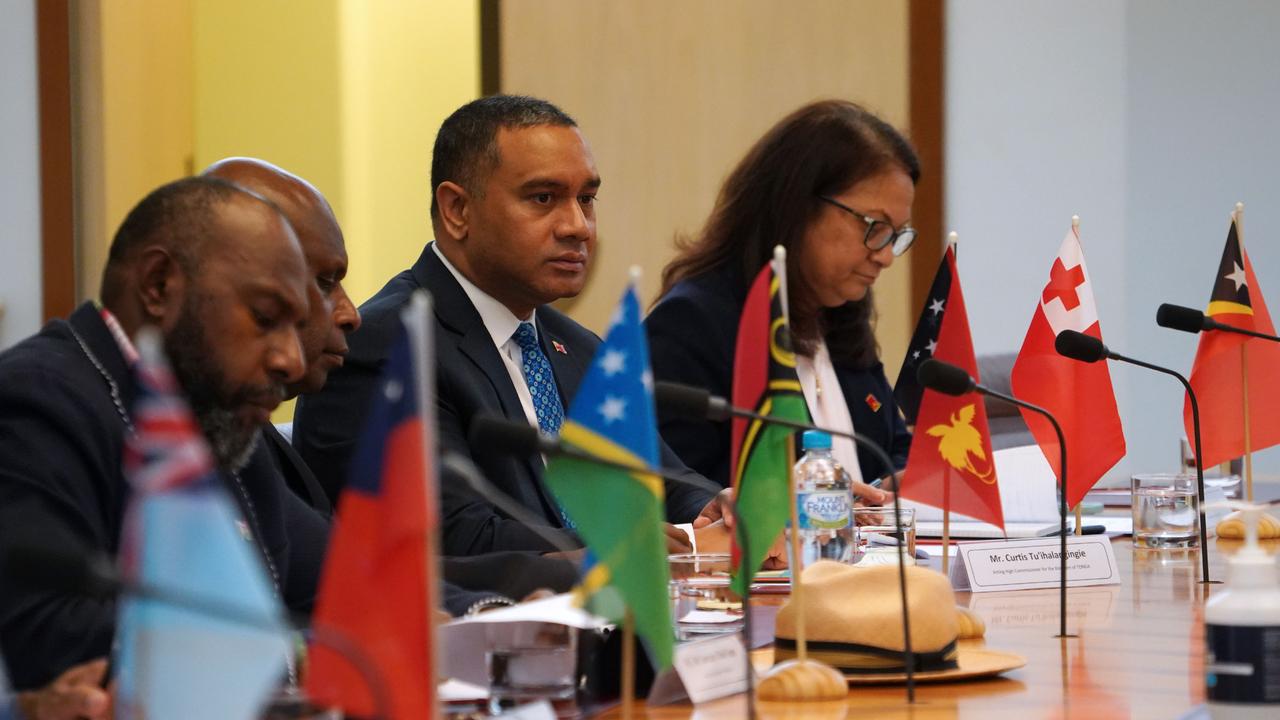
The federal government has backflipped on a weekly hours guarantee for Pacific workers, earning scorn from unions and a backhander from the coalition.
Tens of thousands of recruits from the Pacific and East Timor currently work in Australia under the PALM scheme, including large contributions to the agricultural and meat processing workforce.
Anthony Albanese's government has expanded and reformed the scheme, and had planned to guarantee short-term workers at least 30 hours a week while in Australia.
That requirement has now been dropped in favour of a 120-hour provision averaged over four weeks, championed by business.

ACTU President Michele O'Neil said the government had caved to "pressure from employers".
"They've been publicly saying if there are improved conditions, they'll just use more backpackers and that's pretty shameful," she told AAP.
Since coming to office in 2022, Mr Albanese's government has lifted minimum wages and expanded protections.
Visiting workers earn many times what they are able to in their home economies, but often lack an understanding of Australian labour laws and their rights, and are vulnerable to predatory behaviours.
Various enquiries from governments and human rights organisations have found many examples of workers living in squalor, poor treatment after workplace injuries and underpayment.
Ms O'Neil said Pacific workers, who underpin the agricultural industry, deserved the additional support of the hourly guarantee.
"This is the wrong call from the government," she said.
"They made a commitment to improve protections and they have in other areas but this is a critical next step."

On previous travels in the Pacific, where Australia is eager to improve its relationships, Pacific Minister Pat Conroy championed the commitment.
However, the measure never had the support of the coalition, which called the guarantee "unworkable" and pledged during the election to review PALM.
Shadow Pacific minister Jason Wood said the "rigid 30-hour weekly minimum" was "doomed from the start".
"It completely ignored the seasonal and weather-dependent nature of farm work," he told AAP.
"The government needs to stop treating regional employers as an afterthought and start working with them to strengthen, not sabotage, the PALM scheme."







